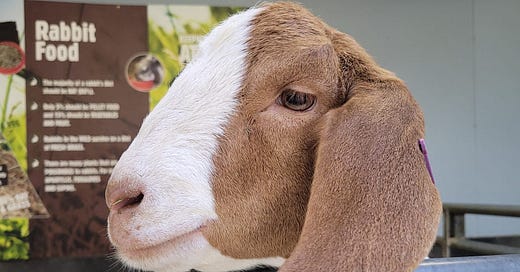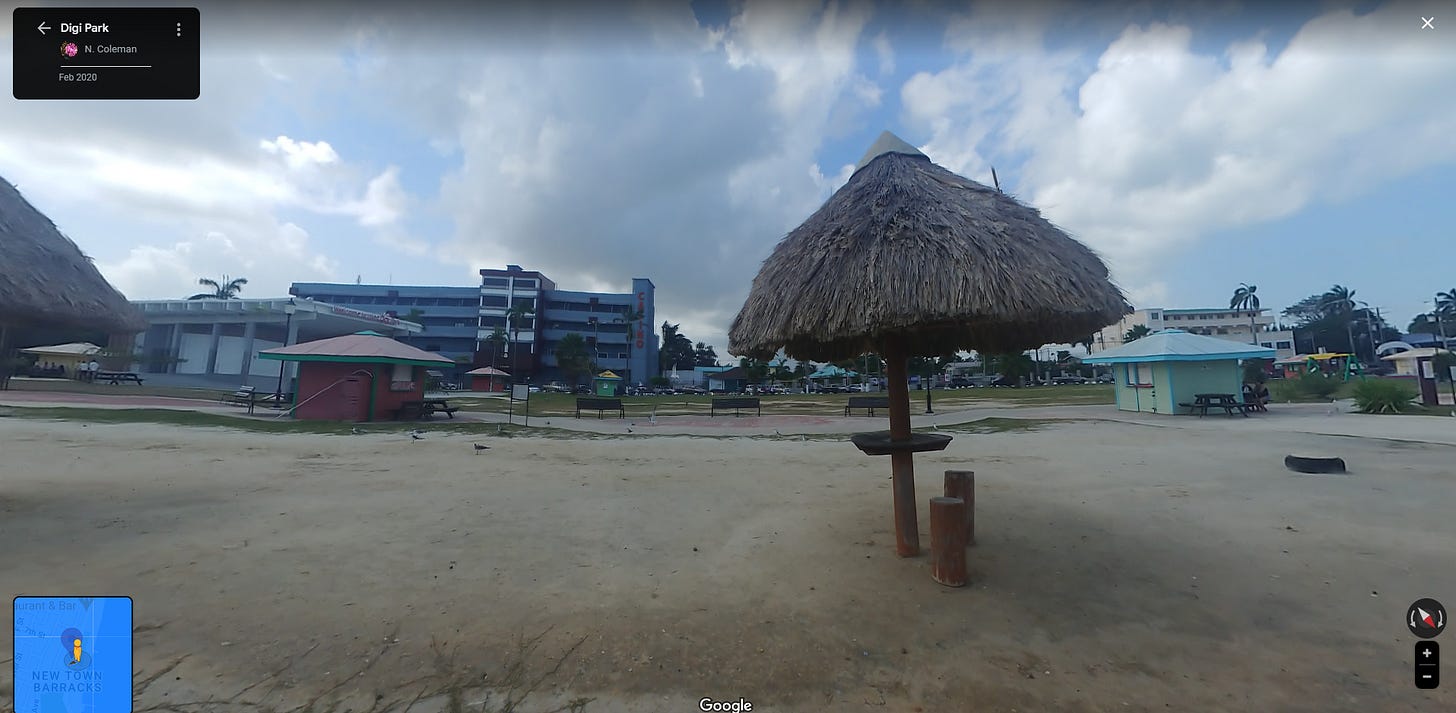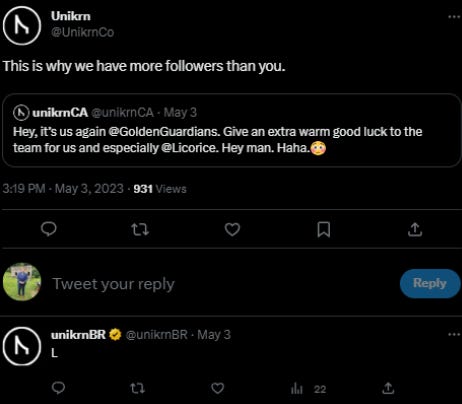Skin betting, Brazilian advertising and £50 million down the shitter
Esports betting's been busy
If there’s one thing I detest more than raisins in chicken, it’s skin betting.
Happy Coronation weekend.
I’ve had the luxury of spending the weekend in the Cotswolds, a gorgeous region of the United Kingdom as we adorned ‘King Charles’ - cheers for the day off.
His reception from Antigua and Barbuda, Australia, The Bahamas, Belize, Canada, Grenada, Jamaica, New Zealand, Papua New Guinea, Solomon Islands, St Kitts and Nevis, St Lucia, St Vincent and the Grenadines and Tuvalu may, however, have been a tad more frosty.
What a beautiful boy
G2 partners with CSGO Roll
Topically, Belize is one of six Caribbean countries that has indicated its plans to review positions as constitutional monarchies.
It’s also home to Feral Holdings Limited, with registered office at 9 Barrack Road, Belize City, Belize. The latest, headline sponsor of one of the largest esports organisations in the world: G2 Esports under the guide of CSGORoll.com.
Here’s a Google Street View of the office, or perhaps the KYC department.
My good friend Cody covered the initial news in his Sharpr newsletter while I was off feeding goats.
To give but a very vague and brief summary of what skin betting is, why it’s bad and thus why G2’s partnership is baffling:
Cast our mind back to the first ever esports betting conference in a small hotel conference room in Kensington. Picture Rahul Sood (prev. CEO Unikrn) providing an eye-opening keynote to crusty executives, revealing his 14 year old son had been spaffing hundreds of $ up the wall betting skins - with no KYC and absolutely no regulation.
ಠ_ಠ
The broadly accepted definition of gambling is “the wagering of something of value on a random event with the intent of winning something else of value”. More broadly, and applied commercially, the value won needs to be readily transferrable into cash or currency.
Through third party marketplaces, Valve’s skins were and continue to be easily converted into fiat currency.
As shown by above (a slide I used in an interview in 2016), Eilers and Krejcik’s Narus report highlighted the sheer scale of skin betting.
$7.4 billion handle in 2016 in 'skin value’ goes to show just how popular it was. CS:GO Lounge and Dota 2 Lounge were the largest culprits, conveniently owned by ESForce, who at the time owned Natus Vincere, Virtus.pro and SK Gaming, plus tournament organiser Epicenter.
But where’s that esports money come from?
Mr Usmanov, a man familiar to Arsenal fans, was hailed a hero. ESForce claimed in 2016 the only income generated was through….. advertising.
Back in July 2016, Valve sent cease and desist letters to 23 CS:GO skin betting sites, citing “violation of the Steam Subscriber Agreement”.
Will Green of Esports Betting Report published a C&D scorecard in October 2016:
The main findings of the scorecard are as follows:
At least 19 sites are utilising Steam in connection with commercial gaming or gambling.
Five of those sites appear to US users as if they’re shut down, but are offered to users in other countries around the world.
Five of those sites initially shut down and appeared to obey Valve’s C&D demand, but have since relaunched with equally violative products.
Three of those sites not only failed to shut down, but have expanded their Steam-related gambling offerings to include sportsbook-style betting on matches.
Three of those sites do not accept skin deposits themselves, but only accept as gambling currency coins from third-party, skin-to-coin deposit sites, which still involve Steam.
A large part of the hubub around esports betting originated with skin betting. Executives agasp at billions of handle being wagered through ‘skins’.
Valve’s trade measures (etc) have limited what’s going on, but as the scorecard above shows — skin betting was never eradicated.
G2 Esports, one of the most reputable brands in esports (until their Founder and ex-CEO became a budget Andrew Tate) under the stewardship of Alban Decholette, a man who brought Coca Cola to esports, has dipped back into the shady world of skin betting.
Where companies like Betway, Rivalry, Pinnacle and Luckbox continue to pour resource to legitimise epsorts betting, this partnership from G2 is piss poor. As Cody’s article said (see above), no KYC and a Belize license is, quite simply, a piss take and something that shouldn’t just be glanced at. The T&Cs say that bettors should only be from the US, CA and EU.
Exactly how licensing works…
Skin betting has plagued esports past (I can’t be bothered to write the entire history) and now is back again.
We’ve got Curacao licensed Stake.com causing ripples, but Belize-run CSGORoll is a low hanging fruit that should never have been grabbed. Alban, I’m disappointed.
Rivalry’s new BR partnership
A-tribo A-tribo!
Rivalry has made no secret of the percentage revenue derived from Brazilian esports betting, plus a few other ‘boutique’ areas. Tribo have an absolute mammoth social media following, and as such any activation between the two parties will likely continue the brand affinity in the region, and solidify Rivalry’s position as the go-to operator for esports betting in Brazil.
Similarweb (and similar tools) show that Unikrn hasn’t made a dent on Rivalry, the public listed competitor. That’s despite Entain shitting £50 million on a piece of bog roll, lobbing it at a wall and watching it dribble slowly down the wall with little to no traction.
The partnership between the two entities is splendid, and first mover advantage is, and continues to be vital. Esports handle is strong in BR, and with the Paris Major happening at the moment, one would assume a strong performance again.
HyperX renew Luxor naming deal
If you fly over Sin City and have a peek out t’window, you’ll notice a gaerish pyramid with huge red letters saying HyperX.
There’s not too much I’d like to comment on here, other than the branding on the side of a faux-pyramid is clearly an eye-opener for anyone.
The arena itself was quiet when I visited, and I’d imagine it’s not picked up too much. Simply put, not too many people head to Vegas and think “I’ll use the Luxor as a make-shift creche while I go and lose my month’s wages on Roulette”.
Community-led small tournaments in FGC game titles and others are interesting, and the studio is kitted out for top-tier broadcast (see the launch event). Other than brand recognition, it can’t really be too much more. Allied has been struggling, and I would assume will continue to do so.
The most profitable asset Allied had was the World Poker Tour, and they’ve divested that as the esports vertical (big truck and the Luxor) continues to struggle.
£50 million down the drain, Entain scores again
3.3 million Freddos at £0.15. Fuck sake. Entain, it’s not too late!
I have limited consultancy capacity for May onwards, please email oliver.adam.ring[at]gmail.com








